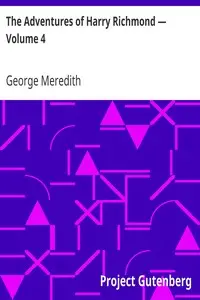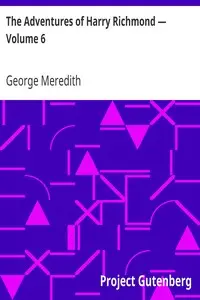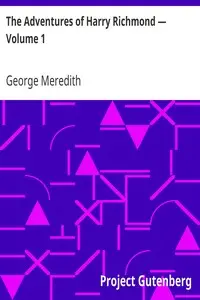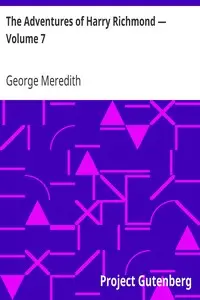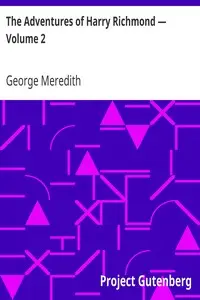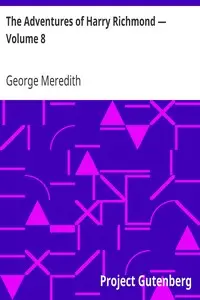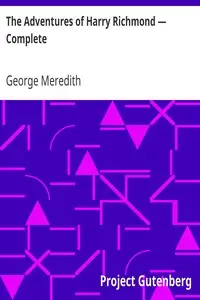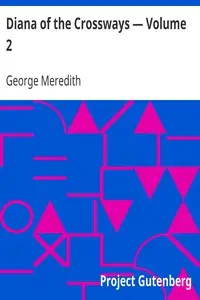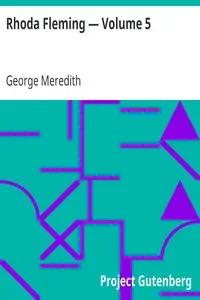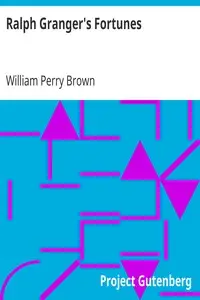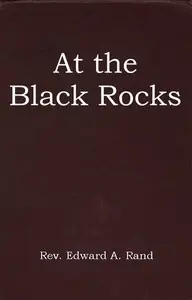"The Adventures of Harry Richmond — Volume 3" by George Meredith is a late 19th-century novel that journeys alongside Harry Richmond as he explores a foreign land filled with fascinating people on his quest to reconnect with his father. With his companion Temple, Harry begins his adventures in a lively German forest, experiencing the local culture and seeking clues to his father's whereabouts, during which a chance meeting with a young woman may hold the key to unlocking the mysteries of his past, all while experiencing youthful self-discovery. Through captivating stories and thoughtful conversations, readers are immersed in a mixture of youthful curiosity and genuine wonder, uncovering themes of family bonds and identity with each step Harry takes toward reuniting with his estranged father.
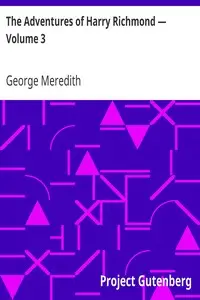
The Adventures of Harry Richmond — Volume 3
By George Meredith
Amidst enchanting encounters and foreign landscapes, a young man chases the shadow of his father, hoping to rebuild a broken bond and discover himself along the way.
Summary
About the AuthorGeorge Meredith was an English novelist and poet of the Victorian era. At first, his focus was poetry, influenced by John Keats among others, but Meredith gradually established a reputation as a novelist. The Ordeal of Richard Feverel (1859) briefly scandalised Victorian literary circles. Of his later novels, the most enduring is The Egoist (1879), though in his lifetime his greatest success was Diana of the Crossways (1885). His novels were innovative in their attention to characters' psychology, and also portrayed social change. His style, in both poetry and prose, was noted for its syntactic complexity; Oscar Wilde likened it to "chaos illumined by brilliant flashes of lightning". Meredith was an encourager of other novelists, as well as an influence on them; among those to benefit were Robert Louis Stevenson and George Gissing. Meredith was nominated for the Nobel Prize in Literature seven times.
George Meredith was an English novelist and poet of the Victorian era. At first, his focus was poetry, influenced by John Keats among others, but Meredith gradually established a reputation as a novelist. The Ordeal of Richard Feverel (1859) briefly scandalised Victorian literary circles. Of his later novels, the most enduring is The Egoist (1879), though in his lifetime his greatest success was Diana of the Crossways (1885). His novels were innovative in their attention to characters' psychology, and also portrayed social change. His style, in both poetry and prose, was noted for its syntactic complexity; Oscar Wilde likened it to "chaos illumined by brilliant flashes of lightning". Meredith was an encourager of other novelists, as well as an influence on them; among those to benefit were Robert Louis Stevenson and George Gissing. Meredith was nominated for the Nobel Prize in Literature seven times.

